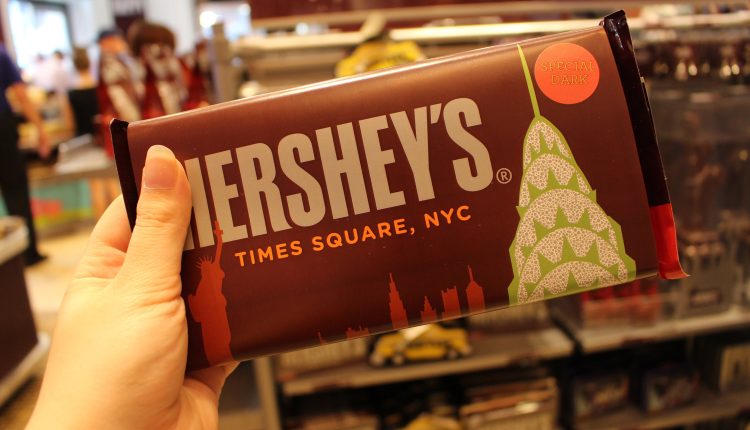In a legal saga that has captured widespread attention, Cynthia Kelly from the Tampa area has recently filed a $5 billion class-action lawsuit against The Hershey Company. The lawsuit, now making waves in Florida’s Middle District Court, alleges deceptive advertising practices related to Hershey’s iconic Reese’s products, igniting a legal battle that scrutinizes the representations of these treats on their packaging.
Read More:
- Great White Encounters: Florida’s Coastline Welcomes Winter Migrations
- Mastering the Puzzle – the Solution to Wordle #924
- Debate Between Texas Nationalist Movement and GOP Leaders

At the heart of the matter are claims that the actual Reese’s products fail to align with the enticing images presented on their packaging. The lawsuit takes a magnifying glass to various products, including Reese’s Peanut Butter Pumpkins and Ghosts, highlighting discrepancies between the advertised and actual appearances of these treats.
Cynthia Kelly’s central argument hinges on the assertion that Hershey’s labels are “materially misleading,” leaving consumers dissatisfied when the actual product falls short of the tantalizing images on the packaging. This lawsuit prompts a meticulous examination of the packaging and the real-world counterparts of Reese’s products, unraveling instances where the representations seem to diverge, such as a football-shaped item bearing a closer resemblance to an egg.
Anthony J. Russo, Kelly’s legal representative, lends legal weight to the claims, articulating the case against Hershey Company’s advertising practices. As social media platforms and public discourse become echo chambers for consumer sentiments, reactions to the lawsuit have reverberated across various channels, contributing to the broader conversation about corporate accountability and consumer rights.
Beyond the specifics of this case, the lawsuit against The Hershey Company opens a gateway to broader considerations surrounding corporate advertising practices. The implications of such legal actions extend beyond the immediate parties involved, shaping the landscape for how companies navigate the fine line between marketing allure and consumer expectations.
As the $5 billion lawsuit unfolds, it not only serves as a legal battleground for Cynthia Kelly and The Hershey Company but also sparks conversations about the responsibilities corporations bear in accurately representing their products to consumers. The outcome of this legal clash will undoubtedly cast a long shadow, influencing the trajectory of consumer rights and advertising ethics in the corporate landscape.

